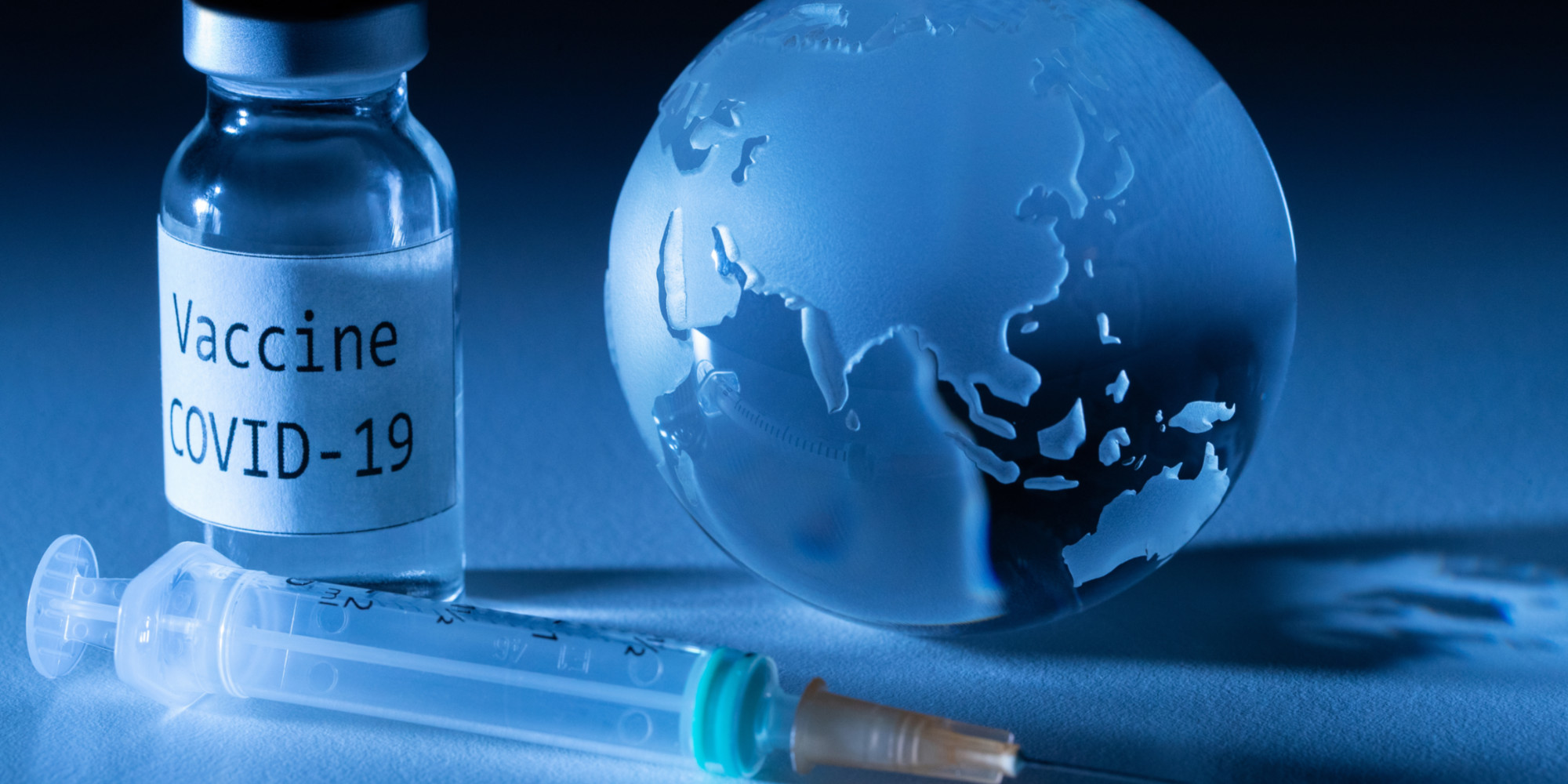The Pfizer and BioNTech laboratories have filed a conditional authorization with the European Medicines Agency to market their vaccine.
Duration of immunity, risk of side effects, contagion: Europe 1 answers three questions that still remain on the subject.
DECRYPTION
The start of vaccination campaigns against the coronavirus is approaching.
The Pfizer and BioNTech laboratories announced on Tuesday that they had filed a conditional authorization request with the European Medicines Agency (EMA) to be able to market their vaccine, which is 95% effective according to these laboratories.
This vaccine, probably the first that may be available, uses the technique of messenger RNA, or messenger ribonucleic acid (RNA) (m).
Duration of immunity, risks, contagion: Europe 1 takes stock of the questions that still arise.
>> LIVE -
Coronavirus: follow the evolution of the situation Wednesday, December 2
Do we have enough perspective on these vaccines?
Conceptually, messenger RNA vaccines are no more risky than others.
The High Authority for Health firstly recalls that there is no risk that the genetic part of the vaccine will integrate into the human genome.
Then, an advantage: these vaccines do not require the use of adjuvant to be effective.
While it is true that there is less perspective on this technology, that does not mean, because it is new, that it is poorly tolerated, say the experts.
Five years ago, Ebola vaccines were designed very quickly, with viral vectors, another technique.
But the efficiency was there and there were no problems.
>> Find Europe Matin in replay and podcast here
How long will the immunity last after the vaccine is injected?
The answer to this question is still uncertain.
Currently, experts only have hindsight on clinical trials and the very first injections, which date back to late spring.
But subject to definitive data, still awaited, it seems that at this stage the antibodies, and therefore the protection, lasts at least six months.
Is it possible to remain contagious despite a vaccination?
At this stage, this question is not yet decided.
To protect against severe forms of the disease, the vaccine works on the immune system and on the lungs.
From the tests, we know that it works.
But to be able to protect against contamination, the vaccine must also be able to remove the virus from the mouth and nose, because that is where it is transmitted.
In this regard, data is still lacking.
Vaccination should stop severe cases and deaths, but it is not yet certain that it will stop the contaminations.

